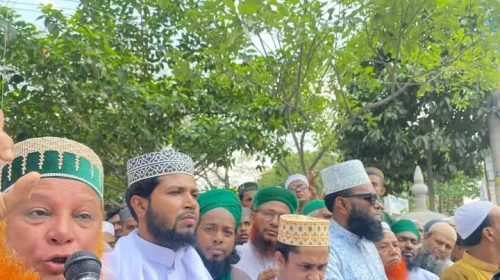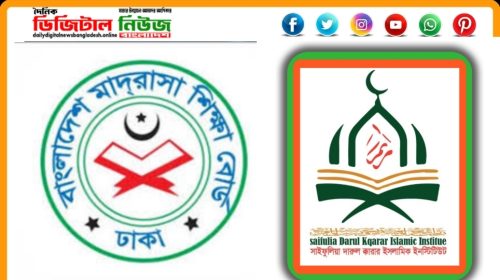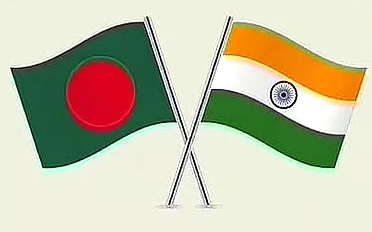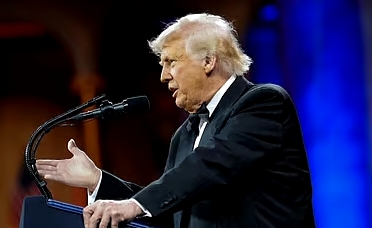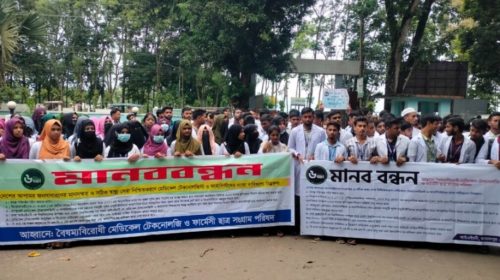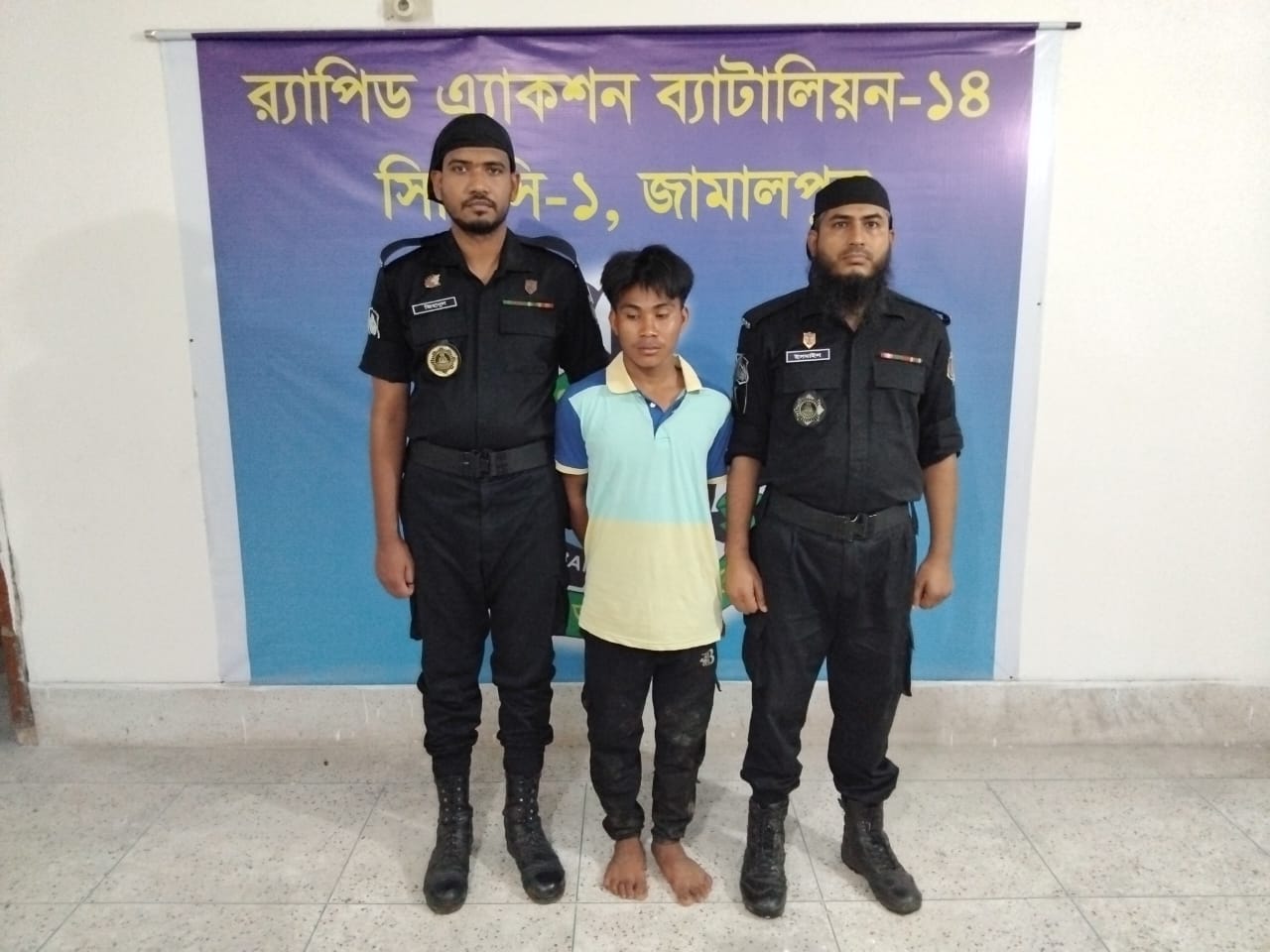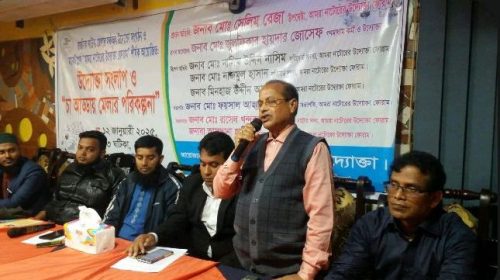
দেশের সব মাদরাসার জন্য জরুরি নির্দেশনা
দেশের সব মাদরাসায় দুই দিনব্যাপী বাংলা নববর্ষ উদ্যাপনের নির্দেশ দিয়েছে মাদ্রাসা শিক্ষা অধিদপ্তর। নিজস্ব ব্যবস্থাপনায় উৎসবমুখর পরিবেশে পালন করতে বলা হয়েছে এই উৎসব।
গতকাল বুধবার এক অফিস আদেশের মাধ্যমে এই নির্দেশনা প্রকাশ করা হয়। এর আগে মাধ্যমিক ও উচ্চশিক্ষা অধিদপ্তর (মাউশি) এবং প্রাথমিক শিক্ষা অধিদপ্তরও এ দিবসটি উদ্যাপনের নির্দেশনা দিয়েছে।
অফিস আদেশে বলা হয়েছে, দেশের সব মাদরাসায় নিজস্ব ব্যবস্থাপনায় উৎসবমুখর পরিবেশে এবং সাড়ম্বরে দুই দিনব্যাপী অনুষ্ঠান আয়োজন করতে হবে।
এতে আরো বলা হয়েছে, জাতীয় চৈত্রসংক্রান্তি ও বাংলা নববর্ষ এবং বিভিন্ন জাতিগোষ্ঠীর নববর্ষ উদ্যাপনের জন্য মাদ্রাসা শিক্ষা অধিদপ্তরের আওতাধীন সব মাদরাসায় এই উৎসবের আয়োজন করতে হবে।
The directive from the Madrasa Education Department in Bangladesh to all madrasas to celebrate Bengali New Year (Pohela Boishakh) and related cultural events over two days highlights several key points and implications:
### Key Points:
1. **Directive Issued**: The Madrasa Education Department mandated a two-day celebration of Bengali New Year (April 14–15) and Chaitra Sankranti (the last day of the Bengali year), alongside New Year observances of other ethnic communities. This follows similar orders from other education boards (MAUSH and Primary Education Directorate).
2. **Cultural Integration**: The move aims to integrate madrasas—traditionally focused on Islamic education—into broader national cultural practices, promoting secularism and unity. It emphasizes inclusivity by recognizing diverse ethnic celebrations (e.g., Chakma, Marma communities).
3. **Implementation**: Madrasas are instructed to organize festivities autonomously, including cultural programs, traditional attire, music, and fairs, fostering a “festive and grand” environment.
4. **Government Coordination**: The directive reflects a coordinated effort across educational sectors to reinforce national identity and multiculturalism.
### Implications:
– **National Unity**: By involving madrasas in secular cultural events, the government seeks to bridge religious and cultural divides, fostering a shared national identity.
– **Potential Resistance**: Conservative factions within madrasas might view this as an imposition of non-religious traditions, possibly leading to pushback.
– **Inclusivity**: Acknowledging ethnic minorities’ New Year celebrations aligns with efforts to recognize Bangladesh’s multicultural fabric.
– **Policy Alignment**: The directive underscores the state’s influence over madrasas, often seen as autonomous, signaling tighter integration into national educational policies.
### Contextual Considerations:
– **Timing**: The order coincides with Pohela Boishakh (mid-April), a time when schools and public institutions traditionally host cultural events.
– **Public Reaction**: While the article doesn’t detail responses, such initiatives often spark debates between proponents of cultural unity and advocates for institutional autonomy.
In essence, this directive represents a strategic effort to harmonize religious education with national cultural narratives, balancing tradition and modernity in Bangladesh’s diverse society.






